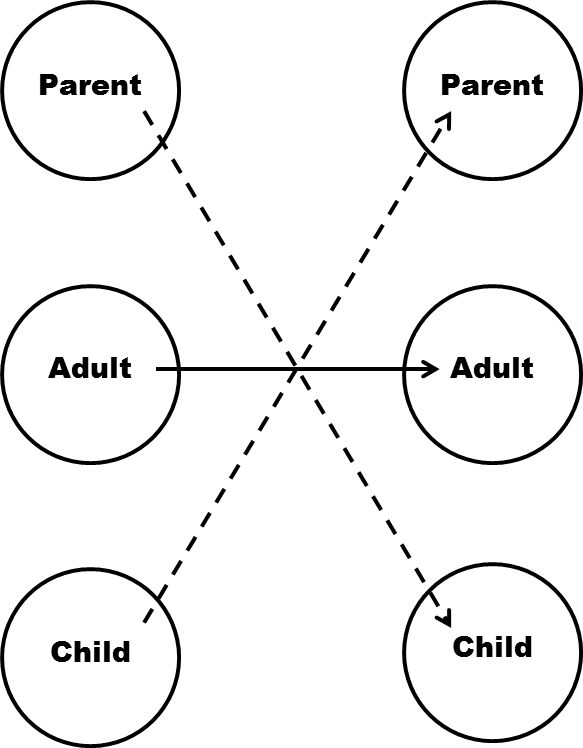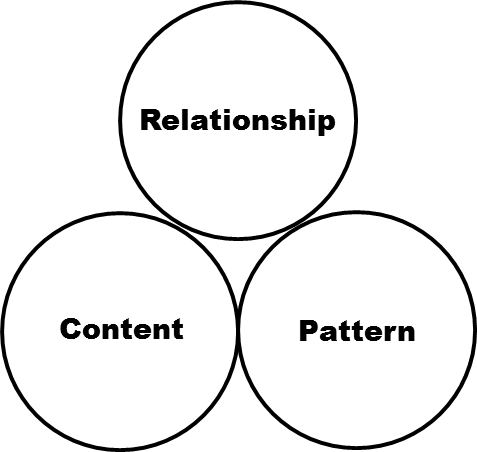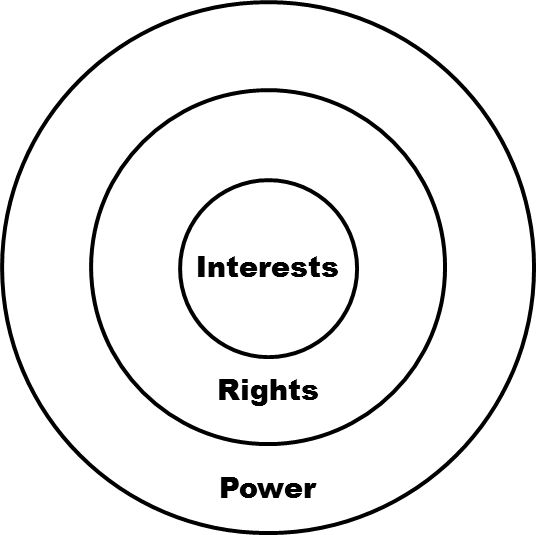When it comes to repairing damaged relationships, three simple tools provide a great deal of value.
Here's an introduction to the 3 tools...
Tool #1 - from Eric Berne's work in the 1950's - 'Transactional Analysis'

People communicate 3 ways: Parent, Adult, Child. When you communicate with people, especially when situations are challenging, choose the Adult approach. Otherwise, you run the risk of Parent-Child communications or worse still Child-Child communications, both of which are not productive in business.
Tool #2 - from Patterson, MacMillan, Grenny & Switzler's recent work - 'Crucial Conversations'

'Crucial Conversations' happen when people disagree, emotions are charged, and the stakes are high. When approaching such conversations it is important to decide, up-front, the specific problem you wish to address. Is it a problem of dysfunctional Content? Is the problem a repeated Pattern of poor behaviour? Is the problem relationship damaging behaviour? Decide which problem form is to be addressed and limit your conversation to that single problem.
Tool #3 - from Mark Weber - Interests, Rights, & Power [see Thought Post]

When we have disputes with people we have the ability to focus on Interests [the things we want], Rights [the things we are entitled to], or Power [the Rights we can enforce]. When resolving a dispute, we do better when we focus on Interests.
Of course, much more can be said about all 3 of these concepts/tools. However, there is much to be gained by keeping it simple by considering the 3 pictures and the 3 pieces of advice:
- Think and talk like an Adult, not like a Parent or a Child.
- Test the nature of the dispute: is it a behaviour Content problem, a repeated Pattern of behaviour problem, or a Relationship problem. Pick only one of these types and stick to discussing the problem in that way.
- Recognize that people have Interests and thoughts about Rights and Power. To resolve disputes, focus on Interests and avoid arguments that escalate into Rights and Power territory.